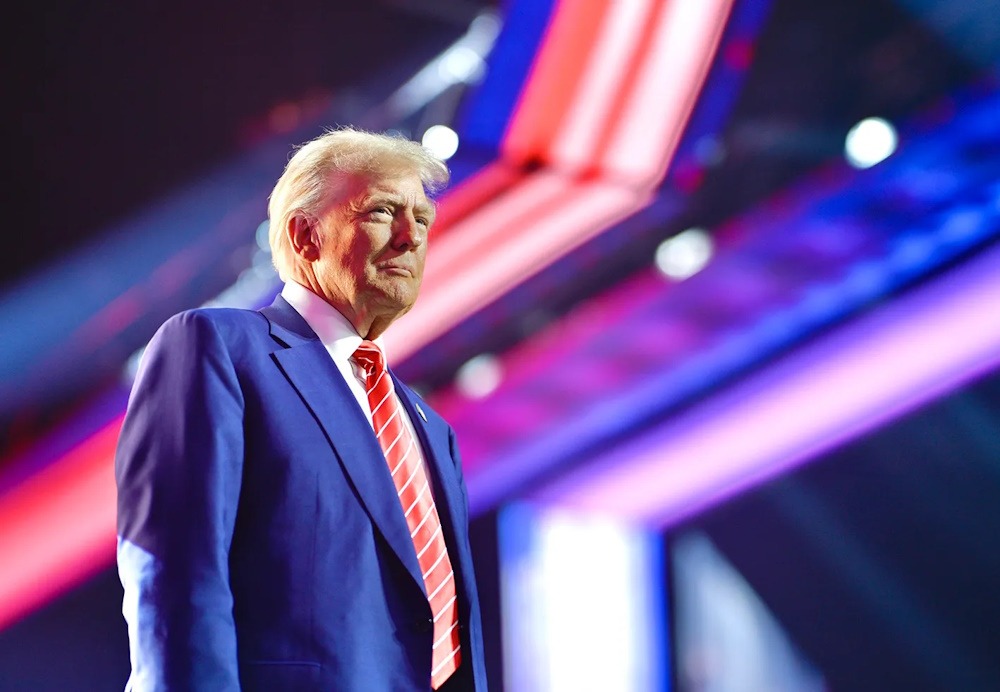Former US Treasury secretary Lawrence Summers cautioned that US President Donald Trump’s policies could lead the US down a trajectory akin to that of post-war Argentina, which transitioned from a relatively advanced developed nation to an economic underperformer. “Argentina went completely off track because of decisions made in a few years by an elected — through a democracy — leader who pursued autocracy rather than venerating democracy,” Summers stated during an appearance on Bloomberg Television’s Wall Street Week with David Westin. “This serves as a cautionary tale for all stakeholders within the business community and those engaged in our political processes.”
The late Juan Perón established a populist movement in 1946, during an era when Argentina was often compared to Canada, Australia, and New Zealand, recognized as a sophisticated economy endowed with plentiful natural resources. Peronism advocated for import substitution and elevated tariffs as a means to invigorate Argentina’s domestic industry. According to a 2023 assessment published by the think tank OMFIF, trade protectionism was identified as “the key policy” that contributed to its economic downfall.
“Over time, as nationalism took hold, and as economic success increasingly depended on connections with the government rather than genuine production capabilities and competition with foreign entities, Argentina’s economic performance deteriorated significantly,” stated Summers.. “This model, upon reflection, bears a striking resemblance to our current activities.” Summers emphasized that the United States possesses “highly resilient institutions” and strengths that Argentina lacked when Perón assumed office. He drew parallels with the authoritarian past of the South American nation, highlighting aspects such as protectionism, “a cult of personality around the leader,” and assaults on various segments of civil society, including media outlets, universities, and law firms. Summers remarked that the autocratic experiences of post-war Argentina, as well as several European nations following World War I, “are very cautionary lessons that I think Americans need to pay more attention to and frankly, need to be more widely discussed.”
Trump and his cabinet chiefs contend that the significant tariffs he has threatened have afforded Washington leverage in negotiations with trading partners, asserting that agreements with certain nations will present a substantial opportunity for the US to enhance its exports. Pledges for significant investment projects from a variety of countries and companies have also been celebrated, amounting to trillions of dollars.
Summers voiced doubts regarding certain commitments made. “You lack understanding of their significance, as you are unaware of what the baseline would have been,” he stated. The former US Treasury secretary also warned that there will be “a lot of investment that goes out – because we’re making ourselves such a more problematic hub for production when we’re raising the price of all the inputs.”
Trump has implemented or proposed tariffs on various products essential for the production of manufactured goods, including steel, aluminum, semiconductors, and copper. “I suspect the consequence of some of this may well be a manufacturing sector that is both quantitatively smaller and qualitatively inferior,” he stated.
Summers remarked that “we are alienating the rest of the world” through the implementation of protectionist and nationalist policies. “Higher priced inputs, much more uncertainty for investors and alienating of customers can’t be the right strategy,” he stated. “There is indeed a winner in the strategy that we are pursuing. His name is Xi Jinping,” Summers stated, referring to the president of China.

